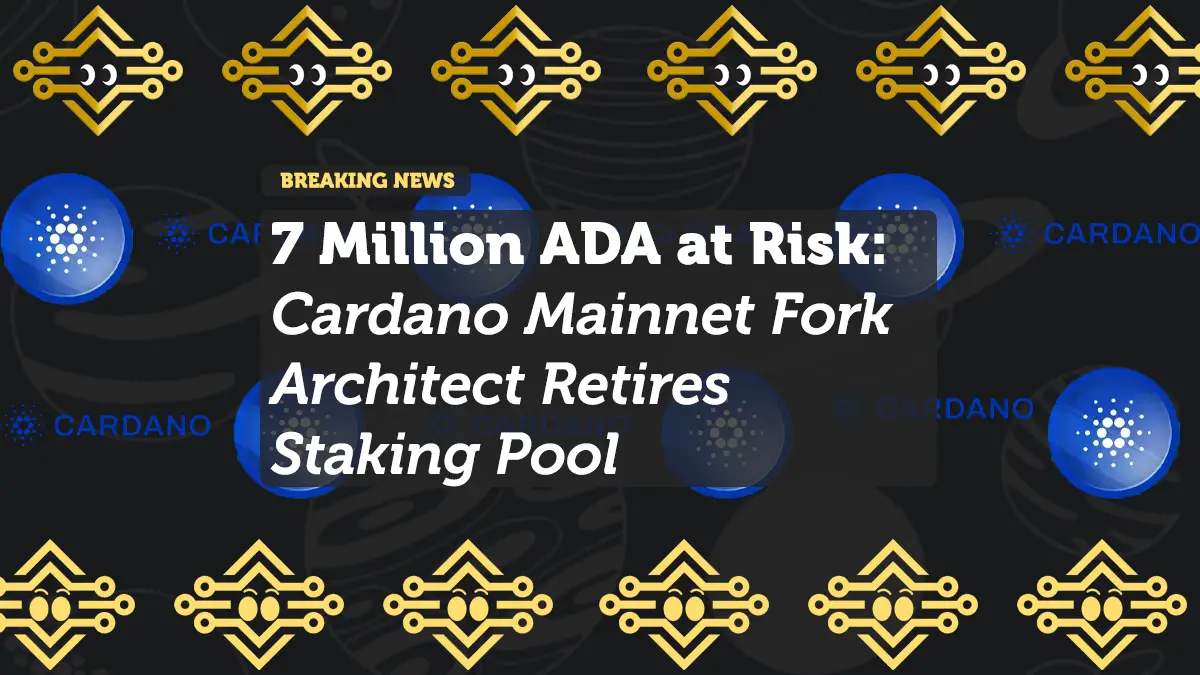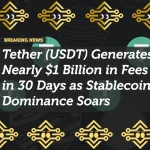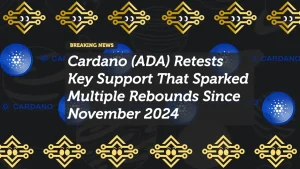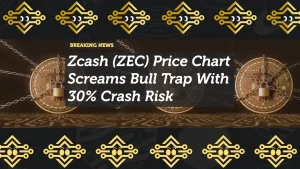
7 Million ADA at Risk: Cardano Mainnet Fork Architect Retires Staking Pool
A sudden and unexpected move within the Cardano ecosystem has triggered concern among ADA holders:
a major staking pool holding over 7,000,000 ADA has been retired, and it was operated by none other than one of the masterminds behind the Cardano mainnet fork.
The retirement of such a significant pool is raising questions about:
- The safety of delegators’ rewards
- Reasons behind the abrupt shutdown
- How this affects the broader Cardano staking ecosystem
- Whether ADA stakers need to take action immediately
Here’s everything you need to know.
Who Retired the Pool?
The pool in question was run by a key figure involved in engineering the Cardano mainnet fork, a highly respected developer with deep technical ties to the network’s evolution.
While the identity has not been publicly disclosed in the announcement, community analysts confirmed:
- The operator was responsible for major pre-fork infrastructure work
- Their pool had one of the largest individual delegations in the ecosystem
- Delegators trusted the pool due to its strong reputational backing
This makes the retirement even more surprising — and more impactful.
Why 7 Million ADA Is at Risk
While ADA locked in staking cannot be lost, delegators can lose:
Staking Rewards
Once a pool is retired, it stops producing blocks.
No blocks = No rewards.
All 7 million ADA staked in that pool are currently earning:
0 ADA per epoch until redelegated.
Many delegators have not yet moved their stake, meaning they’re losing yield every epoch.
Opportunity Costs
Current Cardano staking yields average:
- 3%–3.5% annualized on active pools.
For a 7M ADA delegation, that’s:
210,000–245,000 ADA in annual rewards
Currently lost unless moved.
Delegation Confusion
Some wallets auto-redelegate—but many do not.
Users who don’t manually switch may unknowingly stay in a dead pool indefinitely.
Why Did the Pool Shut Down?
Early commentary from Cardano insiders points to several potential reasons:
1. Infrastructure Decommissioning
The operator may be retiring from active node management after completing mainnet duties.
2. Cost-to-Revenue Issues
Cardano’s saturated pool mechanics mean operators earn less when:
- They run only a single pool
- Delegations fluctuate
- Maintenance costs rise
3. Avoiding Over-Centralization
Large pools can unbalance the network.
Retiring may have been a decentralization-driven choice.
4. Personal or Operational Reasons
Cardano pool operation requires constant uptime management.
Developers often step back once protocol upgrades stabilize.
No malicious motives have been suggested.
What Should Delegators Do Now?
If your ADA was staked to this pool:
You must redelegate immediately.
Otherwise, you will continue earning zero rewards.
Steps:
- Open your wallet (Yoroi, Daedalus, Lace, Nami, etc.)
- Go to the Delegation Center / Staking tab
- Choose a new active pool
- Redelegate (takes effect next epoch)
Your ADA never leaves your wallet — redelegation is safe and costs only a small fee.
Impact on the Cardano Network
While dramatic on social media, the broader network is unaffected:
- Cardano has 3,000+ operational pools
- The retirement reduces stake concentration
- Network performance and block production remain healthy
- It reinforces decentralization, not instability
However, the event has triggered a discussion on:
- Pool transparency
- Exit communication
- Better alert tools for delegators
Expect CIP proposals (Cardano Improvement Proposals) in the coming weeks addressing this.
Cardano Market Reaction
So far, ADA’s price remains largely unaffected.
This shows:
- The issue is operational, not structural
- Markets see no systemic risk
- Delegators are moving their stake rapidly
- Confidence in the staking model remains intact
Conclusion: A Reminder for ADA Holders
The retirement of a major staking pool containing more than 7 million ADA is a wake-up call for all stakers:
- Always monitor whether your pool is active
- Enable alerts in your wallet when possible
- Redelegate as soon as a pool retires
While no ADA is at risk of being lost, rewards absolutely are, and delegators should act swiftly.
Cardano’s staking system remains one of the most decentralized and secure in the industry — but user vigilance is key.
















